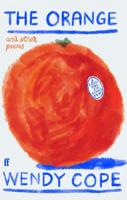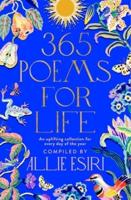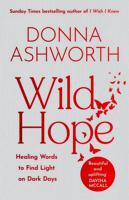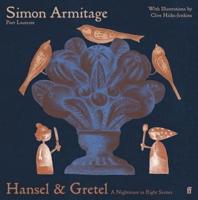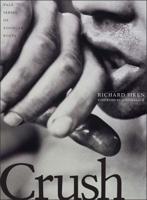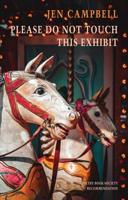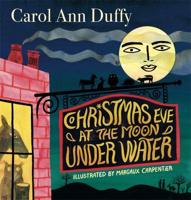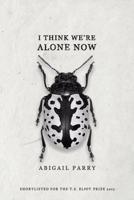Publisher's Synopsis
Mr. Buchanan contributed largely to periodical literature, and one of his essays in the Contemporary Review acquired I some notoriety. This was the essay entitled "The Fleshly School of Poetry." It was of the nature of an attack on the "Poems" of Dante G. Rossetti, published in 1870. Apart from the justice or injustice of the strictures, a bitter controversy arose out of the identity of the critic, who appeared (at his publisher's suggestion) under the pseudonym of "Thomas Maitland." The quarrel, in which Mr. Swinburne became involved, was very protracted, and Mr. Buchanan subsequently retracted some of his charges. Mr. Buchanan had by this time become celebrated as a novelist. His best novels, "The Shadow of the Sword," "God and the Man," "The New Abelard," and "Foxglove Manor" are distinguished by rare picturesqueness and vigorous dramatic narrative. As a dramatist, Mr. Buchanan has had some distinct success, the best of his plays being "A Nine Days' Queen," and the most popular ''Lady Clare," "Storm-Beaten, '' and ''Sophia.''
-The Magazine of Poetry and Literary Review, Volume 3 [1891]
* * * * *
An excerpt from page 67:
...I do not know Mr. Rossetti, have no grievance against him, and I can quite believe that in private life he is a most exemplary person; but in his poetry-to go no further at present than that very small phase of a portentous phenomenon-there is a veritably stupendous preponderance of sensuality and sickly animalism. I base that belief, not merely on stray expressions such as I quoted, not merely on lines about the "lipping of limbs," "bubbling of kisses, " "fawning of lips" in bed, "munching of mouths, " and all the inordinate coarseness of the fleshly vocabulary, but on the persistent choice of subjects repulsive in themselves, and capable of fleshly treatment, such as the lyric about Jenny the street-walker, who "advertises dainties through the dirt," and is serenaded by the poet in a brothel; the poem about Lilith the Snake, and her gripping and lipping, and general arts of fornication; and the nuptial sonnet which Mr. Rossetti studiously refrains from quoting, knowing that it would condemn him fatally in all decent eyes.

